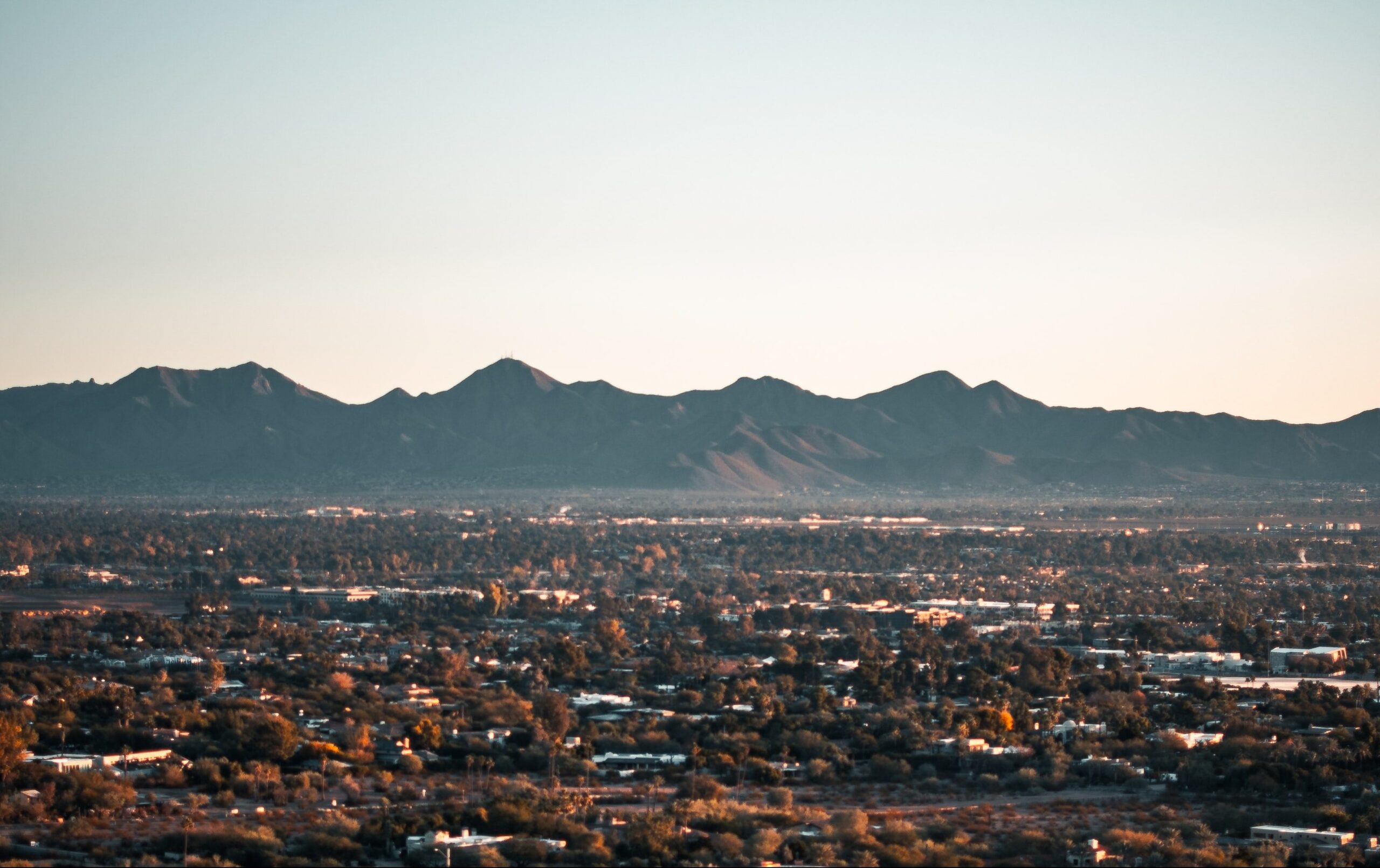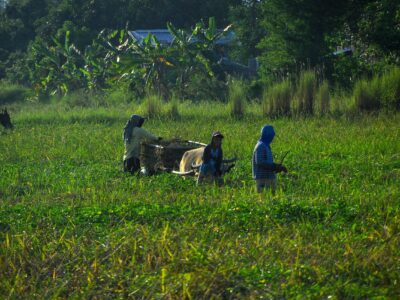The responsibilities of governing at the local, state, and federal levels could not be more different. Where decisions at the federal level essentially involve overarching funding packages, local municipal governments delve into the nitty-gritty of how these funding releases impact their residents. The local level must also weigh competing interests, sometimes from different industries.
A great example is the status of agriculture in Phoenix. In addition to a whole lot of heat, Phoenix is home to the fastest-growing economy in the entire country and ranks first in job growth, according to the U.S. News & World Report.
This news is excellent for Arizona and a nation looking to move forward from the economic shutdown of 2020.
But a side effect of massive expansion is an encroachment on other industries. Such was the case for agriculture in Phoenix, where farmland acreage has often been among the first to go.
Negotiating economic growth with the land needs of Arizona’s farmers requires a great deal of thinking and a decent bit of funding. As a solution, Phoenix instituted its first Farmland Preservation Program earlier this year.
True to its name, the program helps farmers like Maya Dailey, who rents the 3.5-acre plot for Maya’s Farm in a relatively urban part of Phoenix. Like many other farmers, Dailey found her way of life in jeopardy when the landowner put her plot up for sale, a common thread for area landowners looking to cash in on the white-hot Phoenix real estate market.
With the help of the Central Arizona Land Trust (CALT), the nonprofit tasked with running the city preservation program, Dailey placed a conservation easement on the land. According to the Arizona Department of Revenue, an easement is a “restriction that limits the future use of a property to preservation, conservation, or wildlife habitat.” The action ensured that her business was protected as part of an agricultural necessity to her community.
Last June, the Phoenix City Council provided $1 million to CALT. It cited a need to ensure access to healthy food for all residents and form a resilient food supply chain by protecting agricultural lands. The council deemed the funding as a good start to maintaining a local supply of food while also supporting the economy, preserving a high level of soil quality, and protecting wildlife habitats.
Sharma Torrens said public awareness is one of the chief remaining obstacles to the program’s ability to make a difference long-term. “I don’t think a lot of folks understand the benefits,” Torrens, who works for CALT as a conservation specialist, told Cronkite News. “If they want to conserve their legacy and see it stay as a working farm, which we all do, then this is really a great option for them.”
For resourceful farmers like Dailey, program participation has given her the freedom and peace of mind to focus on growing her business. “Right now, because the conservation easement has gone through, I’m back to OK; the land’s here,” she said to Cronkite News.





